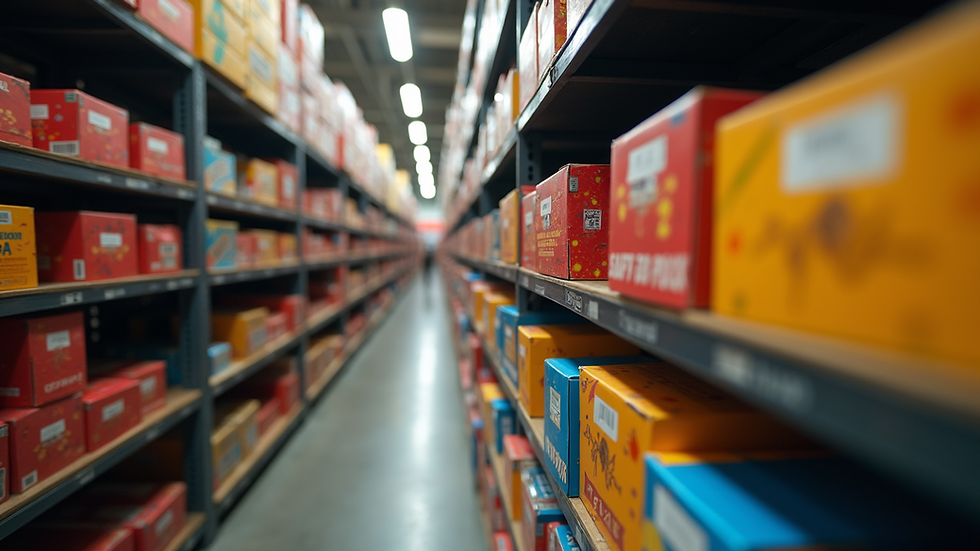Firework Safety
- Jessica Etesami
- Aug 10, 2021
- 2 min read
Updated: Aug 25, 2021
The Firework Code and safety tips for sparklers and bonfires

Despite annual safety warnings, at some firework celebrations their are still some injuries that could have been avoided easily.
Fireworks can be great fun for families, not just around November 5 (Bonfire Night/Guy Fawkes Night), but also Diwali, New Year’s Eve and Chinese New Year.
If you’ll be having a firework party at home, you can make the occasion fun and safe for everyone by following the Firework Code, as well as some sparkler and bonfire safety tips.
Firework Code
Only adults should deal with setting up firework displays, the lighting of fireworks and the safe disposal of fireworks once they have been used. Children and young people should watch and enjoy fireworks at a safe distance. Follow these top 10 tips for a safer fireworks party:
Plan your firework display to make it safe and enjoyable
Keep fireworks in a closed box and use them one at a time
Read and follow the instructions on each firework using a torch if necessary
Light the firework at arm's length with a taper and stand well back
Keep naked flames, including cigarettes, away from fireworks
Never return to a firework once it has been lit
Don't put fireworks in pockets and never throw them
Direct any rocket fireworks well away from spectators
Never use paraffin or petrol on a bonfire
Make sure that the fire is out and surroundings are made safe before leaving.
Sparkler safety
Sparklers are often viewed as being harmless but they burn at fierce temperatures, equivalent to a welding torch. Follow these top tips for sparkler safety:
It is recommended that sparklers are not given to under-5s
Make sure everyone handling sparklers wears gloves
Hold sparklers at arm’s length while being lit
Don’t wave sparklers about close to other people
Never hold a baby in your arms while you are holding a sparkler
When the sparkler has finished put it in a bucket of cold water.
Bonfire safety
One person should be responsible for the bonfire and children should be supervised
Choose a site away from wooden fences, sheds and where children will be playing
Never pour petrol, paraffin or meths on to a fire - it’s safer to use fire lighters to prevent flare-ups
Keep a bucket of water handy in case of an accident
Avoid loose clothing and tie back long hair
After the party, pour water on the fire, rather than leaving it to burn out.
Please act responsibly and have consideration for those around you
For veterans with Post-Traumatic Stress Disorder (PTSD), the sights, sounds and smells of fireworks around Bonfire Night and other celebrations can be an unwelcome trigger for upsetting and frightening memories of conflict.
You can find more information at Shoulder to Soldier.
Find out more
Firework injury figures (emergency care department attendances), Northern Ireland, 2015
Firework injury figures (A&E attendances), England, 2016/2017
Tables provide total figures for Wales and by each hospital provider
2014/15 data from ISD Scotland can be found in this RoSPA press release.





Comments